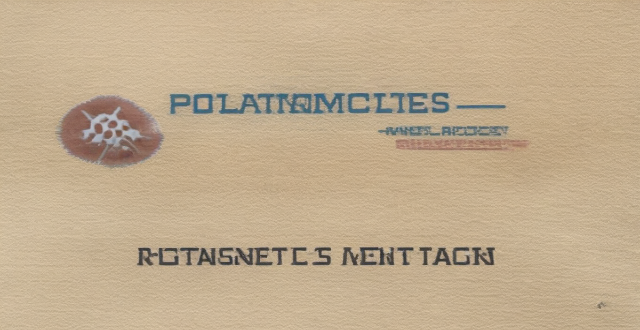Immigration policies are crucial in managing global refugee crises, determining eligibility and quotas for asylum seekers, processing and protecting refugees, resettlement and integration initiatives, facing challenges like resource allocation and public perception, and promoting international collaboration through multilateral agreements and financial support.

The Role of Immigration Policies in Global Refugee Crises
Immigration policies play a crucial role in managing refugee crises around the world. These policies determine how countries respond to large-scale movements of people seeking safety and protection from persecution, conflict, or natural disasters. Here are some key aspects of immigration policies that impact refugee situations:
Admission Policies
Determining Eligibility
- Countries set criteria for who can enter as a refugee based on international law and humanitarian principles.
- Those fleeing violence or persecution must meet specific eligibility requirements to qualify for refugee status.
Quotas and Caps
- Some nations establish limits on the number of refugees they will accept annually.
- These restrictions can lead to long waitlists and delayed processing times for those seeking asylum.
Processing and Protection
Refugee Status Determination
- A formal process exists to evaluate whether an individual qualifies for refugee status.
- This involves interviews, background checks, and often medical examinations.
Legal Protections
- Once recognized as refugees, individuals are entitled to certain rights and protections under international law.
- These may include non-refoulement (not being forced back to a country where their life or freedom would be threatened) and access to basic services like healthcare and education.
Resettlement and Integration
Resettlement Programs
- Some countries offer resettlement programs for refugees, allowing them to relocate permanently with legal status.
- These programs provide support for housing, employment, and language training.
Integration Initiatives
- Governments implement measures to help refugees integrate into society smoothly.
- This includes language classes, cultural orientation, and assistance with finding work or starting businesses.
Challenges and Controversies
Resource Allocation
- Providing adequate resources for refugees can strain a host country's social services and infrastructure.
- Balancing the needs of refugees with those of the local population is often contentious.
Public Perception
- Negative attitudes towards refugees can influence policy decisions and create barriers to integration.
- Media portrayal and political rhetoric can further exacerbate these tensions.
Security Concerns
- There are concerns about potential security threats among refugee populations.
- Screening processes aim to address these concerns while respecting human rights.
International Collaboration
Multilateral Agreements
- Countries work together through international organizations like the UNHCR to share responsibility for refugees.
- Regional approaches such as the European Union's Dublin Regulation attempt to coordinate efforts across borders.
Financial Support
- Donor countries contribute funds to support refugee camps and other humanitarian projects.
- Financial aid helps cover the costs of shelter, food, water, sanitation, and medical care.
Policy Harmonization
- Harmonizing policies between countries can reduce confusion and improve efficiency in handling refugee cases.
- Common standards for recognition, processing, and rights ensure consistency across borders.
In conclusion, immigration policies have far-reaching effects on how refugee crises are managed globally. They shape the experiences of millions seeking safety and define the responsibilities of nations in responding to urgent humanitarian needs. By understanding these policies, we can better advocate for just and effective solutions to one of the most pressing issues of our time.